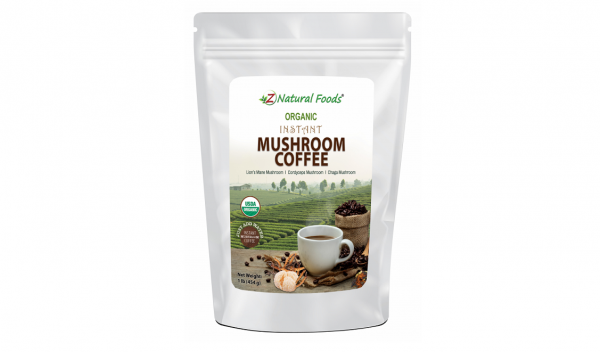Beverage News
Stevia is The Future Treatment for Metabolic Syndrome Diseases, Studies Says
A recently published study concludes that stevia could be used as an alternative treatment of disorders related to metabolic syndrome, such as obesity, hypertension, and diabetes.
The study has reviewed a large number of research articles on the pharmacological and therapeutic effects of stevia extracts. The authors concludes that stevia’s compounds can effectively serve as a natural and alternative treatment for several diseases associated with metabolic syndrome, such as obesity, diabetes, hypertension, and dyslipidemia.
This is a very interesting review of more than 80 scientific studies, all with positive indications on stevia’s pharmaceutical effects. When compounds from stevia, in the near future, can be used as a natural alternative to help defeat several common endemic diseases, it will be an amazing development for both humans and nature, says Thomas Backelin, Deputy Managing Director, The Real Stevia Company.
The natural and calorie-free sweetener stevia is often used as a tool to reduce sugar by the food industry. In Latin America stevia has been used as an herbal remedy for centuries. The plant Stevia Rebaudiana contains steviol glycosides, but also several phytochemicals, including phenols and flavonoids. Several studies indicate that these compounds of the stevia leaf have pharmacological and therapeutic properties, including antioxidant, antimicrobial, antihypertensive, antidiabetic, and anticancerogenic effects.
Before stevia can be used as a natural alternative to existing pharmaceuticals, more research is needed; it is now important to determine the most efficient compounds of the plant in combating metabolic syndrome, as well as finding suitable doses for various treatment models.
Source: The Real Stevia Company










